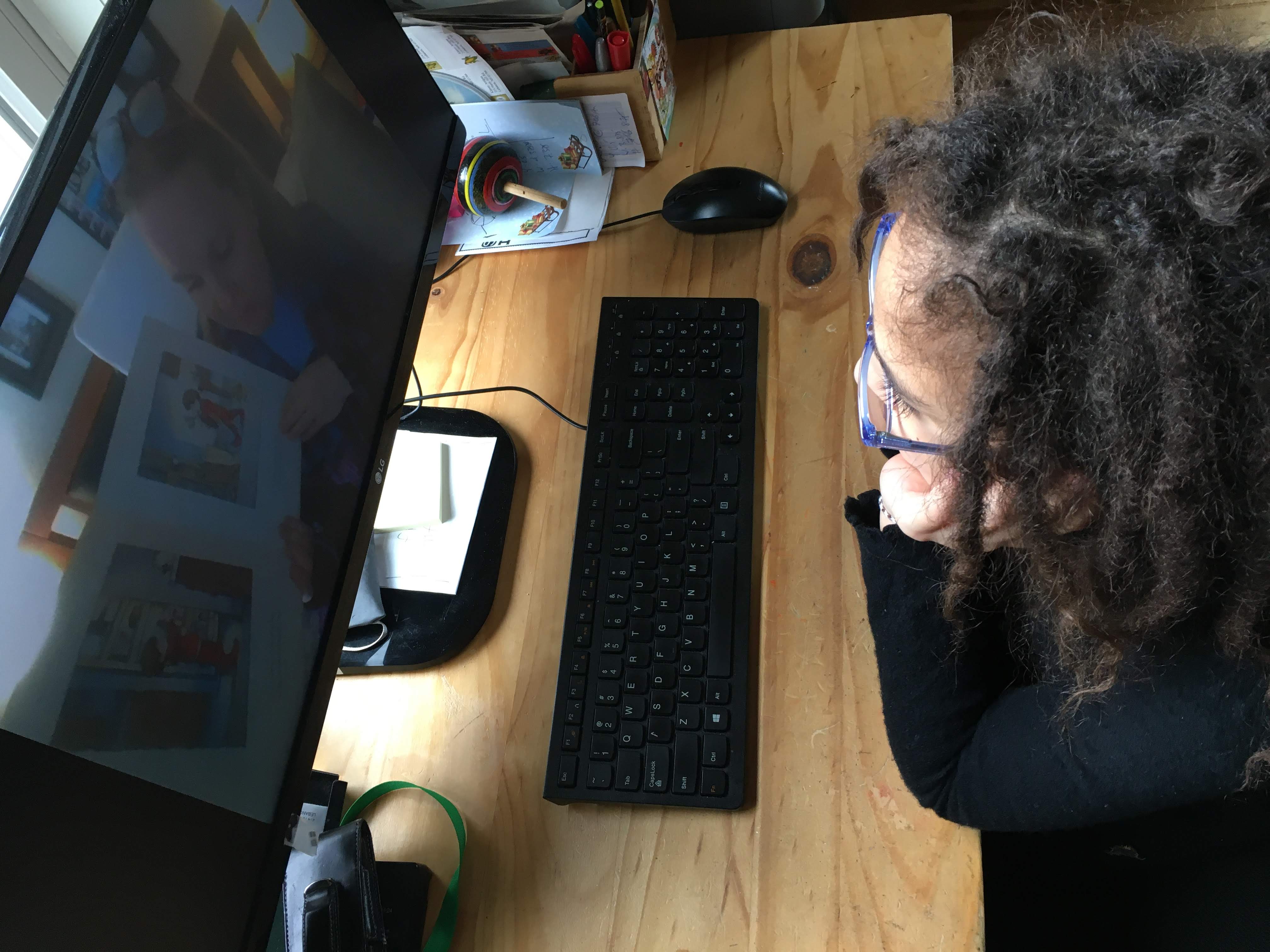
One day, this pandemic will be over and we will return to some degree of normalcy. But the many things we all have all had to endure will leave a lasting impression. There’s no doubt that certain ways of being in the world will have changed, and many of the habits we have developed over the last two or three months will live on long after the virus has died off. For example, in an interview back in March, Dr. Fauci openly pondered the contagion risk of shaking hands with other people. “Elbow bumps” are now a recognizable thing and it’s likely that our common pre-pandemic manner of greeting people may never be quite the same.
While it is difficult to predict many of the lasting impacts from COVID-19, there are some that seem increasingly likely. For one, schools will certainly require students to wash their hands with greater frequency in the future. And it is safe to say people of all ages will likely be using a lot more soap and hand sanitizer throughout each day.
We are likely to be traveling less on planes, buses, boats, and trains and perhaps staying closer to home and limiting vacation destinations to locations within drivable distances. And given the large number of people who have had positive experiences working from home this spring, there may be an employee migration to home offices in more rural locations within the professions where this is possible. According to a NY Times article from mid-May, Warren Buffett predicted that the pandemic would lead many companies to embrace remote working arrangements. “A lot of people have learned that they can work at home,” Mr. Buffett said this spring during his annual investors meeting.
We have all become even more dependent on the Internet over the last several months. This includes everything from shopping online to seeing doctors or other professionals via platforms such as Zoom. In fact, seeing friends and family members over the screen will likely be more common in the years ahead, regardless of their physical location. Until there is a vaccine, we may also be more inclined to seek our entertainment through Netflix or YouTube than to go to movie theaters or other venues that have large crowds.
Even before the pandemic, it wasn’t uncommon to see people in Asia wearing face masks in public, but this practice wasn’t widely accepted in other parts of the globe. Not anymore. Face masks and other items that protect against viruses will become more acceptable and even encouraged.
The new, post-pandemic normal will not be the same. But not all of the changes will be negative. After the Spanish Flu in 1918-19 came the roaring 20’s. Perhaps we will have our own version in this century. But whatever the next decade will hold, we will be experiencing it with a greater awareness of viral risks and a lot more hand washing.




